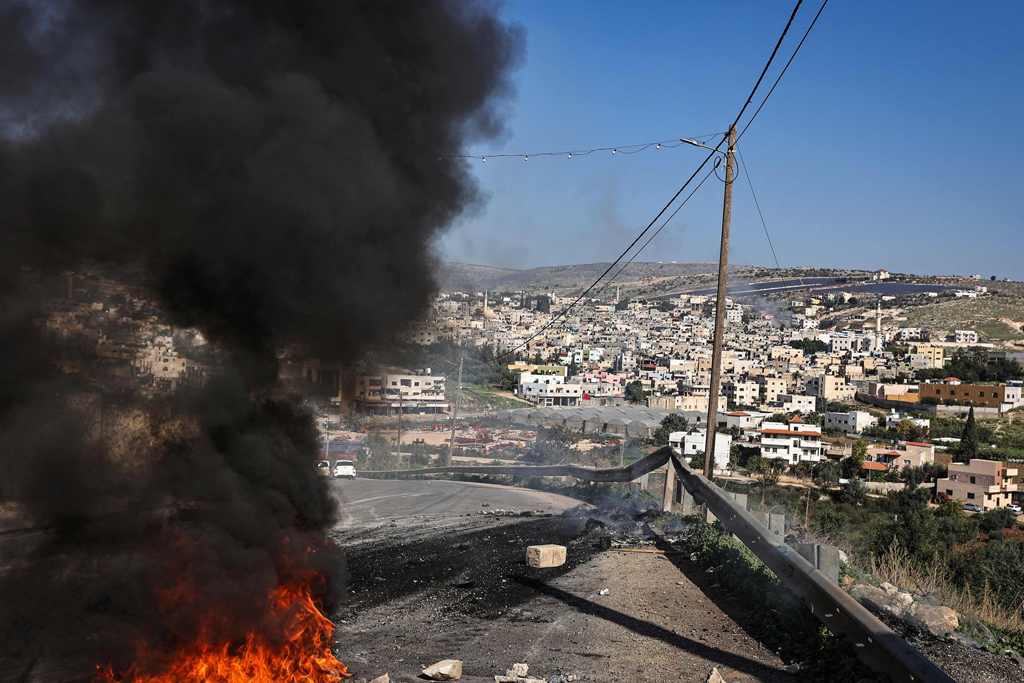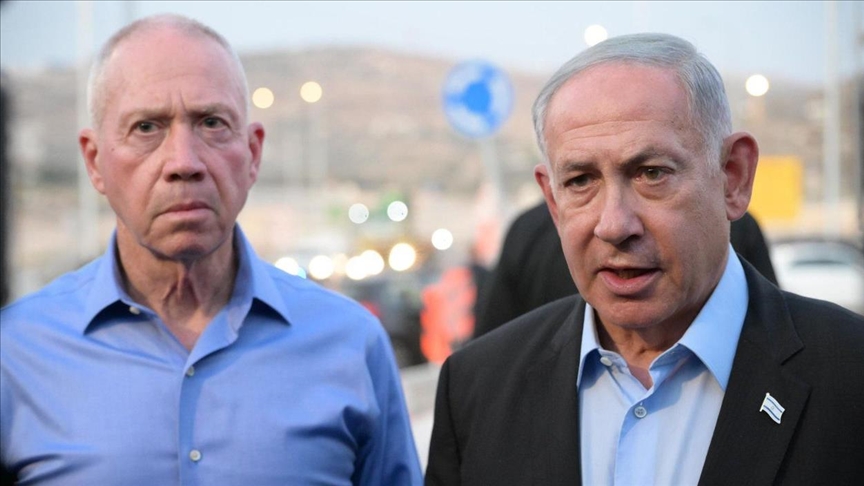United Nations General Assembly (UNGA)

Did Biden abandon Israel at the UN General Assembly?
| OpinionThe ‘immediate ceasefire resolution’ issued by the United Nations General Assembly (UNGA) due to the …
-
Opinion
Did Biden abandon Israel at the UN General Assembly?
By Kadir ÜstünThe 'immediate ceasefire resolution' issued by the United Nations General Assembly (UNGA) due to the United States' abstention indicates that the Biden administration's political pressure on Israeli Prime Minister Netanyahu persists. Despite the White House emphasizing that the decision is not binding and that there are no changes in policy, Netanyahu canceled the visit of the delegation he planned to send to Washington immediately after the UNGA decision. The fact that the Biden administration, which has been diplomatically protecting Israel with its veto power since October 7th, chose to abstain this time suggests that the crisis in bilateral relations has reached its peak. While Netanyahu may lean towards Trump, who has advocated for ending the conflict, Trump's remarks have increased American pressure.
-
Opinion
World at stake: Dynamics on second anniversary of Russia-Ukraine war
By Burhanettin DuranThe world was not in good shape on the second anniversary of the Russian-Ukrainian war. A quick look at the most recent developments alone would suffice to appreciate that we are entering a period of fragmentation and high risks.
-
Opinion
Two-state solution in Palestine appears unfeasible
By Muhittin AtamanWhoever talks about the Palestinian-Israeli question from the United States to China and from the European Union to Russia claims that they support a two-state solution. The main reason for this claim is the two well-known United Nations Resolutions about the issue.
Bu Konuda Daha Fazla
-
Israel’s Fateful March: From Settler Colonialism to Genocidal State
By Berdal AralThis article delves into the legal discussions surrounding the crisis unleashed by the military operation launched on October 7, 2023, in Southern Israel by Palestinian forces of the resistance based in Gaza. Israel considered this a “terrorist attack,” asserted the right of self-defense, declared war on Gazans, and started the continuous and indiscriminate bombardment of Gaza. As a result, Gaza has become the new Dresden, in which thousands have been killed and tens of thousands injured. This article is an attempt to answer the following questions to illuminate the legal issues surrounding the current crisis and the broader context of Israel’s legal status as a state and its territorial claims: Was the Palestinian offensive in Southern Israel an instance of terrorism and/or an act of aggression? Which side of the conflict can rightfully claim the right of self-defense? Did Israel commit genocide in Gaza? Do Israel’s statehood and territorial claims rest on firm legal grounds? Is it legally sensible to argue that Israel is a threat to international peace and security?
-
Türkiye’s guarantor proposal and the failure of Netanyahu
By Murat AslanImportant parameter for guarantor model is Israeli government and its expected transformation, which is highly probable in the short term after its clear failures
-
Zionism vs. humanity
By Muhittin AtamanThe current Western governments have been giving full and unconditional support to Israel’s oppressive policies and atrocities. Pro-Israeli Western governments do not take into account their citizens’ views on the latest developments in Palestine. They prefer to support the Zionists but not their people. However, they know that their pro-Israeli positions damage their relations with other countries.
-
Washington’s efforts for ‘damage control’ in Israel
By Kadir ÜstünDuring his visit to Israel, U.S. Secretary of Defense Lloyd Austin reiterated the Biden administration's support but conveyed the message that operations should be more limited. Austin, who previously stated that Israel faced the risk of 'strategic defeat,' is believed to be delivering the message that winning the war in urban combat requires gaining civilian support. The U.S. administration reportedly urged Israel to reduce the intensity of operations by the end of the year and increase humanitarian aid passages. While continuing support for Israel, the Biden administration seems to be trying to limit the political cost generated by the humanitarian crisis in Gaza.
-
Why is Germany’s Gaza policy so excessively pro-Israel?
By Kemal İnatBurden of Holocaust past, Israeli lobby in country, influence of US, line of current coalition government might be 4 reasons

















